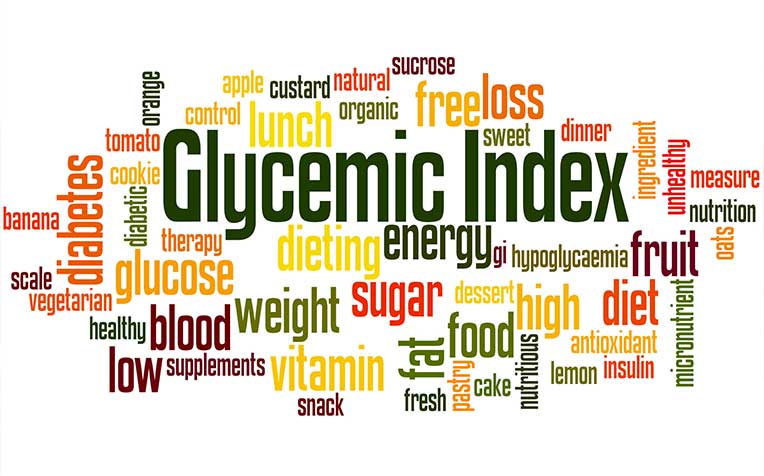The glycaemic index is a system for ranking carbohydrates on a 0 to 100 scale based on the immediate effects they have on blood sugar (glucose) level after eating.
Foods with high GI rank from 70 upwards, foods with intermediate GI rank between 55 to 69 while foods with low GI rank from 55 below.
READ ALSO: Does an apple a day really keep the doctor away?
High GI foods
When carbohydrate-food sources are broken down quickly by the body and result in a rapid increase in blood sugar, they have high glycaemic index rating. Foods with high GI include white bread, potatoes, juices, dates, corn flakes and sugary foods.
Intermediate GI foods
Foods with intermediate glycaemic index are broken down much more slowly and they cause a stepwise or gradual increase in blood sugar levels over time. They include brown bread, cheese pizza, instant oatmeal, popcorn, sweet corn, white rice, fresh pineapple and pulses.
Low GI foods
Foods with low glycaemic index work as in those with intermediate glycaemic index, they are however significantly interesting because they have been shown to help improve glucose and lipid levels in people with Type 1 and 2 diabetes. Foods with low GI do not promote fat storage, instead, they help in weight control by curbing excessive appetite and delaying hunger. These foods include; vegetables, fruits, oats, whole wheat bread, pasta, parboiled rice, barley, fat free/skimmed milk and yoghurt.
Note that, using the glycaemic index to determine healthy food combinations can be somewhat misleading. Not all low GI foods are healthy and definitely not all high GI foods are unhealthy. Therefore, eating a diet that only consists of low glycaemic index foods will lead to an unbalanced diet that is also considerably high in fat.
In conclusion, we are advised to consume low fat, sugar and salt and high starch (fruit and vegetables) for a healthy diet.



Leave a Reply